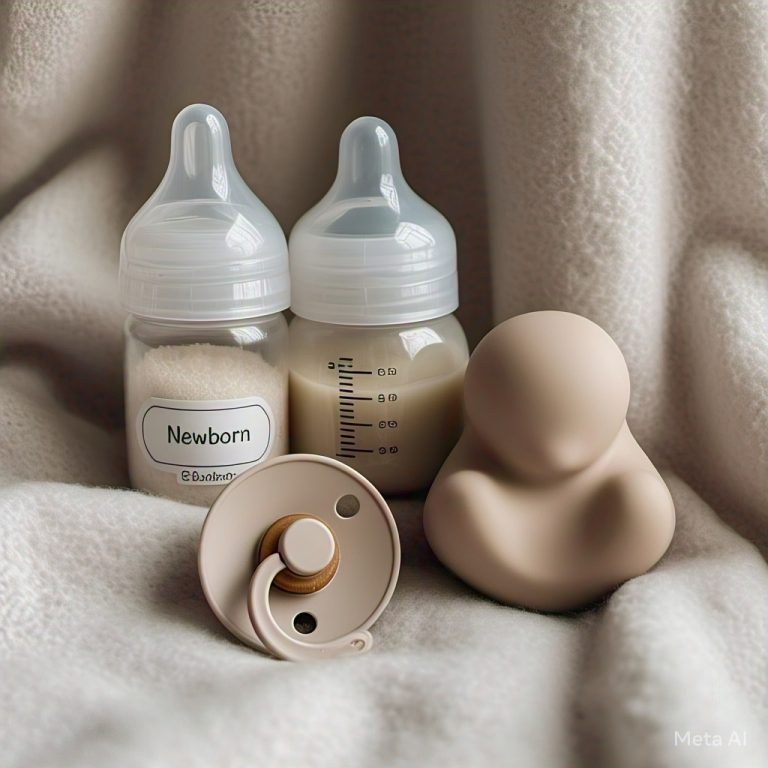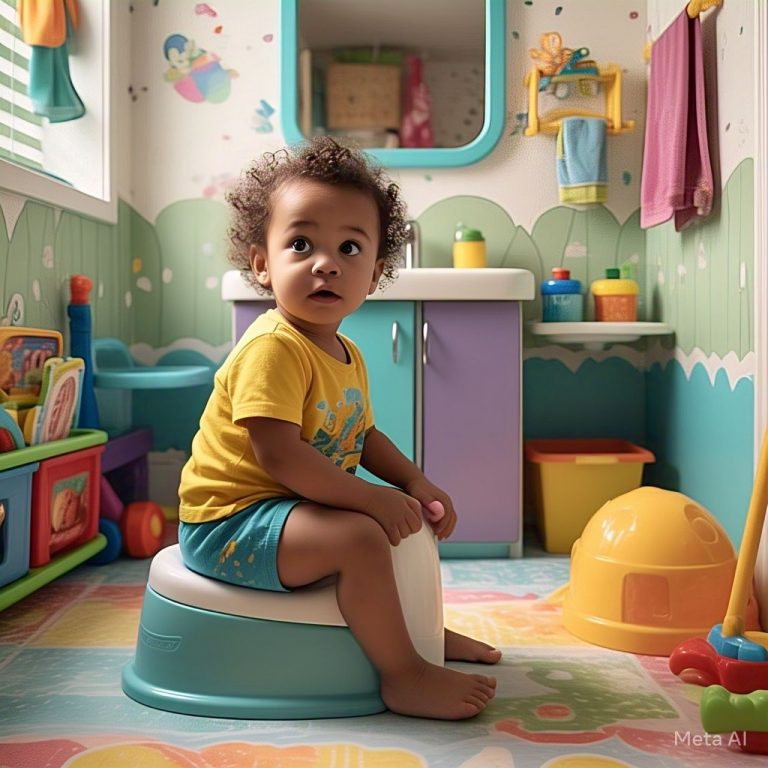How Many Hours Do Newborns Sleep? A Guide for New Parents
One of the biggest surprises for new parents is how much their newborn sleeps—often in short, unpredictable bursts. Understanding newborn sleep patterns can help you adjust to their needs while getting the rest you need as well.
How Many Hours Do Newborns Sleep?
Newborns sleep 14 to 17 hours a day, with some sleeping up to 18 or 19 hours. However, they don’t sleep for long stretches at a time. Most newborns wake up every 2 to 4 hours to eat, whether it’s day or night.
Newborn Sleep Patterns by Age
Newborns’ sleep needs change quickly in the first few months. Here’s what you can expect:
0 to 2 weeks: Newborns sleep 16 to 18 hours a day, waking frequently to eat.
2 to 4 weeks: Sleep duration remains the same, but wakeful periods slightly increase.
1 to 2 months: Babies begin to develop a circadian rhythm, meaning they start distinguishing between day and night. They may sleep 14 to 17 hours a day, with slightly longer nighttime stretches.
Why Do Newborns Sleep So Much?
Sleep is essential for newborns because it helps their brains and bodies develop. During sleep, babies:
Process new experiences
Strengthen their immune systems
Grow physically and neurologically
Common Sleep Challenges
Newborn sleep isn’t always smooth. Parents often face these challenges:
1. Frequent Night Wakings – Since newborns need to eat every few hours, they wake often at night. This is normal and will improve over time.
2. Day-Night Confusion – Some babies sleep more during the day and stay awake at night. Exposure to natural daylight during wake periods and keeping nighttime interactions quiet can help.
3. Short Naps – Newborns often nap for 30 to 45 minutes but may lengthen naps as they grow.
How to Help Your Newborn Sleep Better
Follow their cues: Yawning, rubbing eyes, or fussing can signal sleepiness.
Create a calm sleep environment: Dim lights, reduce noise, and use white noise if needed.
Swaddle for comfort: Many newborns sleep better when swaddled.
Start a simple bedtime routine: A short routine (like feeding, rocking, or singing) can signal sleep time.
When to Seek Help
If your newborn sleeps significantly less than 14 hours a day or has difficulty settling down even when fed and changed, consult your pediatrician.
Newborn sleep can be exhausting for parents, but knowing what to expect can make it easier to handle. With time, your baby will develop better sleep patterns, allowing for longer stretches of rest. Hang in there—this phase doesn’t last forever!






